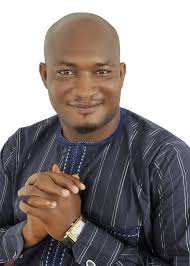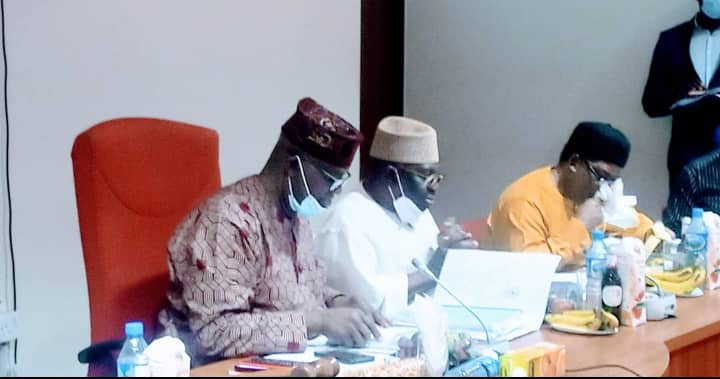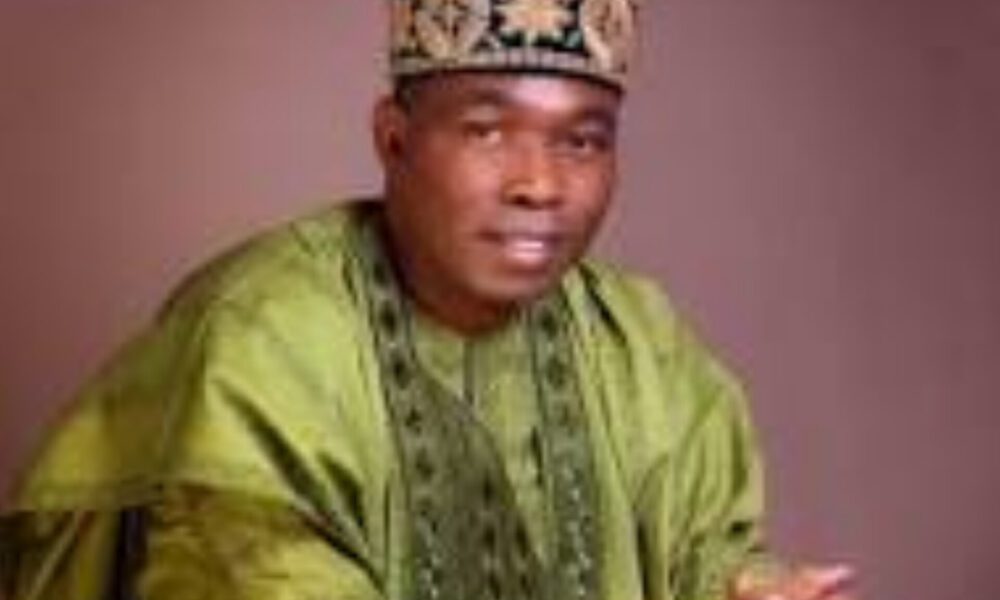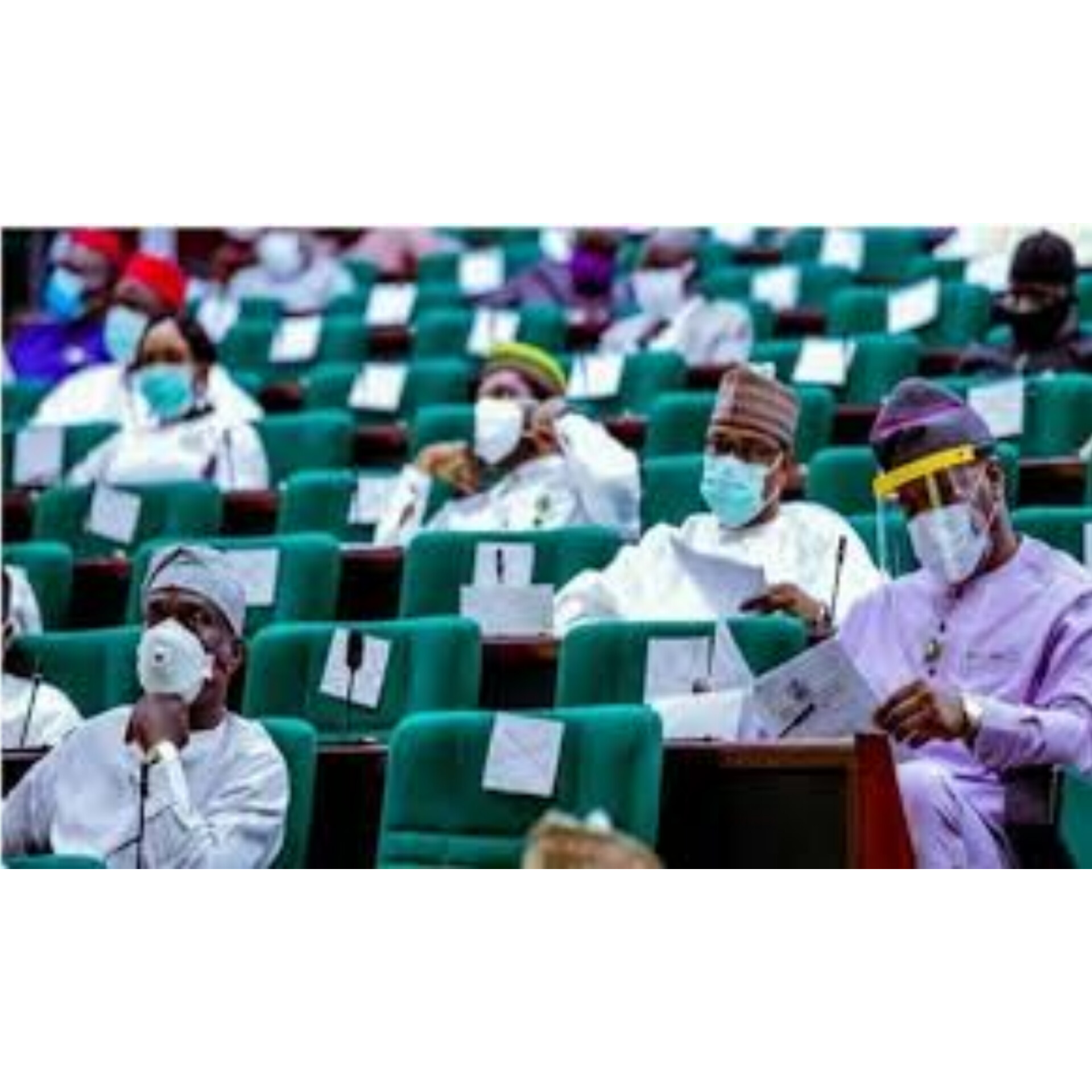The Hallowmace Foundation has beamed its searchlight on the Independent National Electoral Commission (INEC) interrogating the electoral umpire why it has not taken steps to conduct by-election to fill vacant seats at the National Assembly and some State Houses of Assembly.
The vacant seats came to be owing to death of members, resignation to take up new appointment and other issues without replacement for some months now.
The foundation expressed dismay that INEC is shirking from its duties wandering whether it is becoming so overwhelmed that the conduct by-election to fill such vacant seats after 60 days has been brushed aside.
It took note of the ruling All Progressives Congress (APC)’s election of its national leaders where Senator Abdullahi Adamu (Nassarawa West) became National chairman of the party leaving his seat vacant in the National Assembly.
Also Sen. Abubakar Kyari (Boro State) was elected Deputy National Chairman (North) of theparty leaving his seat vacant.
On February 23rd, 2022, The Zamfara State House of Assembly impeached the deputy governor Mahdi Aliyu Gusau, from office, and immediately replaced him with Senator Hassan Nasiha the serving senator representing Zamfara Central Senatorial District, as a new deputy governor of Zamfara state, his seat is still vacant.
The lawmaker representing Oron Federal Constituency in the House of Representatives, Nse Ekpenyong, passed on to the great beyond, Mr Ekpenyong, 58, reportedly died on Saturday April, 25th, his seat is also vacant.
The Executive Director of the foundation Sunny Anderson Osiebe in a statement expressed worry that some other constituencies both Federal and State have existed for months without any representative, a case he liken to disenfranchisement of the constituents.
The statement reads in part, “The attention of Hallowmace Foundation has been drawn to the issue of vacancies, which have for some time now existed at the two Houses of the National Assembly and some State Assemblies as a result of deaths, resignations and sundry other factors and the urgent need to address what seemingly is an uncanny indifference on the part of INEC, the Electoral Management Body.”
He urged the electoral umpire to strive to fill the vacancies so created by such factors as identified earlier even with the tenure of the 9th Assembly subsisting till June next year.
“These past few months, our organisation, as a responsible Watchdog of the Legislature and a stakeholder Civil Society partner in our nation’s legislative business, has observed with serious dismay and concern that such vacancies that have occured in no less a place than the National Assembly and some State Houses of Assembly, where all Nigerians possess the right of representation, have been in many of the cases allowed to linger beyond the Constitutionally allowed threshold of sixty(60) days.
“As it now stands, all that concerned Constituencies without representation at the National Assembly and its State counterparts at present are allowed to stagnate without anyone promoting it.
“Without doubts, the current indifference or even perceived non-challant disposition of INEC, with regard to conducting elections to fill the vacancies created in such Constituencies constitutes gross negligence and a direct violation of Section 76(1) and (2) of the 1999 Constitution, as amended.
“While frowning at such affront against the laws of our land, Hallowmace Foundation, therefore, called on the esteemed Chairman of INEC and its numerous collaborators in the business of conducting elections in Nigeria to, as a matter of urgency activate all necessary mechanisms aimed at conducting bye elections in Constituencies that have lost their representative due to death, resignation or appointment into other political positions.
“The need for the above cannot be overemphasized. In the face of the present reality of non- representation for some Constituencies across the country at the National and State Assemblies, it is indicting negligence on INEC to stand aloof or claim ignorance of its Constitutional responsibility in this regard, especially, when considered against the backdrop that the current Assembly still has almost one year to wind down its tenure.
“This complete shirk in the responsibility of INEC seems to be nothing other than a calculated attempt to willfully deny a section of the populace their right to effective representation for whatever reason
He said they are using the medium as a strident and clarion call on the Electoral Management Body to rise up to the occasion and do the needful, knowing full well that in this case, time is of the essence, too, for such affected Constituencies without a current voice at the National and State Assemblies.





